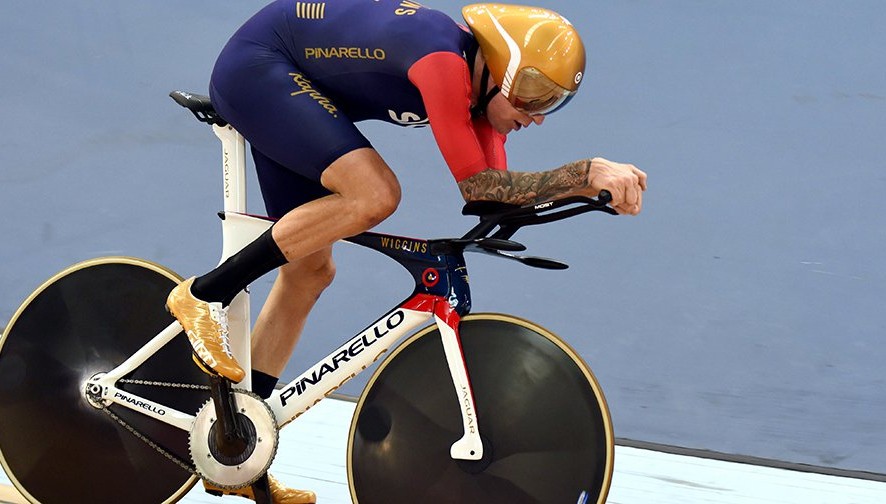2016 seems to have been a revealing year for drug scandals in the sporting world. From Lance Armstrong’s prolonged cheating, to the exposure of the Russian Olympic squad, will athletes ever learn to stay clean?
In the final months of 2015, Tyson Fury became the third man to beat Ukrainian, Wladimir Klitschko, to win the unified WBA, WBO and IBF heavyweight championships. Despite this achievement, his victory was somewhat clouded by allegations proving that he tested positive for a banned performance enhancing drug called nandrolone. Nandrolone’s effects mimic many of the same physiological responses that anabolic steroids do, including muscle hypertrophy and quickened muscle recovery, therefore being able to train harder for longer. Not only did Fury test positive, but so did his cousin Hughie, with both claiming that they were “baffled” by the allegations. Tyson Fury has also tested positive for cocaine, and has been stripped of his boxing license while this is investigated.
Maria Sharapova, however, poses a slightly more controversial case. Having used a substance called meldonium for the last ten years for medicinal reasons, it has since been added to the list of banned substances from January 2016. Sharapova uses this drug to treat lack of blood flow as she is at a disadvantage to her competitors without it. However, there have been recent allegations that suggest athletes have been abusing the substance in order to have physical performance enhancing effects, hence it being newly banned. The drug enables athletes to endure performance, enhance central nervous system functions and improve rehabilitation post-exercise. Since the discovery of Sharapova’s drug use, she was handed a 2 year ban, which was reduced to 15 months on appeal.
Bradley Wiggins has recently denied that he and his doctor, Geert Leinders, had any involvement in using a banned steroid substance to treat allergies. Wiggins himself says that his use of drug triamcinolone was completely approved by the cycling governing bodies before three of his major races. This information was only revealed when Russian hackers leaked data from the World Anti-Doping Agency system and published it online themselves. This is a similar case to Fury, whose speculations were publicised before the case was complete. In the situations of Sharapova and Wiggins there is certainly some confusion of what are moral intentions of drug use are and what WADA considers to be abusing the guidelines of sport.
In light of this, is it fair to consider that WADA may sometimes be too harsh? Lizzie Armitstead was pulled up prior to Rio 2016 for missing three drug tests within 12 months. For this, she was given a two-year drug ban. However, following emotional interviews and appeals to WADA, the Court of Arbitration for Sport upheld her cry for appeal. Armitstead was on the verge of tears in interviews in the run up to the Olympic games, emotions that she had to put to the side as she stepped up to race in Rio. With drugs testing becoming more and more prominent, this is likely to be a story that carries on for many months.
Zoe Thresher
Photo Credit: BETTINIPHOTO

